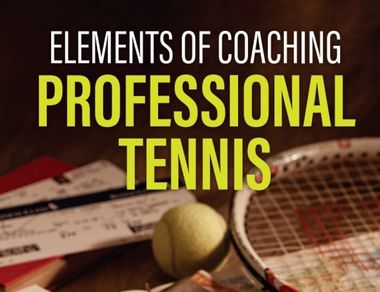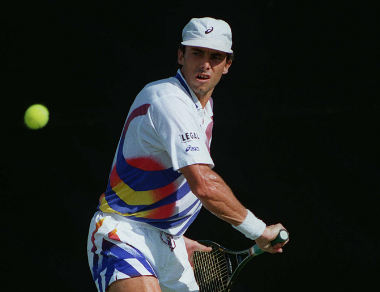Tim Gallwey, author of the great tennis classic, The Inner Game Of Tennis, wrote,
“There is always an inner game being played in your mind no matter what outer game you are playing. How you play this (inner) game usually makes the difference between success and failure.”
Even at the highest levels of professional tennis, players can and very often do, lose this inner battle of the mind by overthinking. Thailand’s former tennis superstar Paradorn Srichaphan was once asked at a press conference how he managed to save three match points and come back from behind two sets to one and down two breaks in the fourth in a Davis Cup match versus Uzbekistan. Srichaphan smiled and said he received some coaching from his father who was sitting in the stands, “when I was down double match point he yelled, ‘hit it hard. But in!’ Everyone that heard him started laughing and it made sense to me and I relaxed. From then I did exactly what he told me to do.”



